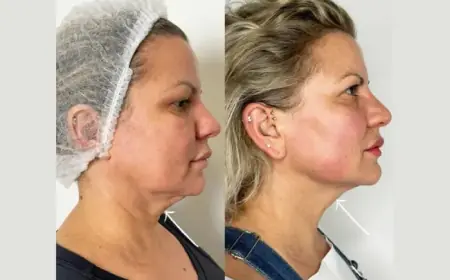Ensuring Medical Device Quality with ISO 13485 Certification
Introduction: Raising the Standard in Healthcare Manufacturing
In the healthcare industry, quality and safety are non-negotiable. Medical devices must meet the highest standards to ensure patient health and regulatory compliance. To achieve this, many manufacturers turn to ISO 13485 certification, the globally recognized standard for quality management systems in medical device production. This certification ensures that companies consistently design, develop, and deliver safe medical devices, while also complying with both international and local regulations.
Key Requirements and Focus Areas of ISO 13485
ISO 13485 is specifically tailored for organizations involved in the lifecycle of medical devices—from design and production to installation and servicing. The standard emphasizes risk management, design control, traceability, and sterile manufacturing practices. When a company pursues iso 13485 certification, it must demonstrate documented procedures, effective training programs, and strong regulatory oversight. This includes establishing processes that ensure product quality throughout its lifecycle, including post-market surveillance and reporting.
Challenges in Achieving ISO 13485 Certification
Implementing ISO 13485 can be a demanding process, particularly for small to mid-sized companies new to regulated environments. Challenges often include aligning existing processes with strict documentation requirements, training staff on new procedures, and maintaining compliance across international markets. However, with a well-planned quality management system and the support of experienced auditors or consultants, companies can overcome these hurdles and benefit from long-term operational improvements.
Benefits of ISO 13485 Certification for Businesses and Patients
Securing iso 13485 certification offers substantial advantages. For businesses, it enhances product reliability, reduces the risk of recalls, and improves access to global markets such as the European Union, Canada, and other regions where regulatory approval depends on ISO compliance. For patients and healthcare providers, it builds trust in the quality and safety of medical devices, ultimately contributing to better health outcomes and reduced clinical risks.
Conclusion: A Commitment to Quality and Compliance
Pursuing ISO 13485 certification is a strategic decision for medical device companies that aim to deliver high-quality, safe, and compliant products. It’s not just about meeting a checklist of requirements—it reflects a deeper commitment to patient safety and regulatory excellence. In a rapidly advancing healthcare landscape, ISO 13485 stands as a mark of credibility, helping manufacturers uphold industry best practices and foster trust in every product they deliver.
What's Your Reaction?
 Like
0
Like
0
 Dislike
0
Dislike
0
 Love
0
Love
0
 Funny
0
Funny
0
 Angry
0
Angry
0
 Sad
0
Sad
0
 Wow
0
Wow
0


















































